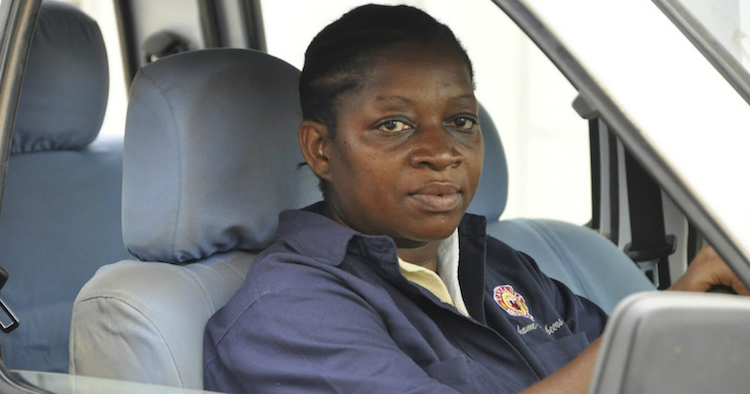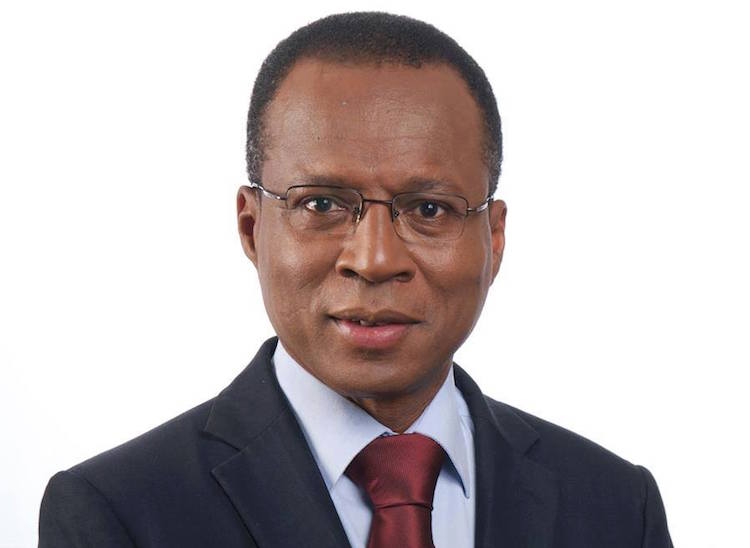By Philipp Jahn and Gerrit Kurtz* This article was first published in the Journal of the International Politics and Society, issued by the German Friedrich-Ebert-Stiftung’s Brussels office. KHARTOUM (IDN) — April 11, 2019 was a day of great emotion in Khartoum. At noon, the then-Vice President Ibn Auf announced the arrest of President Omar al-Bashir. […]
President Biden Repeals Trump Sanctions on the Criminal Court
By Jessica Corbett* Common Dreams first published this report on April 2, 2021. WASHINGTON, D.C. (IDN) — Progressives in Congress and human rights organizations on April 2 welcomed the Biden administration’s repeal of sanctions on the International Criminal Court (ICC) imposed under former President Donald Trump in a bid to pressure the Hague-based tribunal to […]
U.S. Steps Up Counterterrorism in Mozambique and the DRC
By Lisa Vives, Global Information Network NEW YORK (IDN) — U.S. counterterrorism officials are stepping up their activities in Africa, addressing the expansion of violent extremism on the continent. Two previously unlisted insurgent groups identified as foreign terrorist organizations operating in Mozambique and the Democratic Republic of Congo (DRC) have been slapped with sanctions along […]
Indian Dilemma Over UNHRC Resolution on Sri Lanka
Viewpoint by Sugeeswara Senadhira COLOMBO (IDN) — New Delhi is in an unenviable situation over the UNHRC (United Nations Human Rights Council) resolution on Sri Lanka as it would not be in India’s long-term interest to pave way for the international body to be provided with an opportunity to directly interfere in an internal affair […]
Space Junk Poses Exponential Risks for Near-Earth Collisions
By Reinhard Jacobsen VIENNA (IDN) – Space debris is an issue of global concern that threatens our continued use of near-Earth space for the benefit of humankind. The United Nations Office for Outer Space Affairs (UNOOSA) and the European Space Agency (ESA) have joined forces to create a series of infographics and podcasts that tell […]
ALCAP Sets Out into Asia and Africa To Enhance Audio Visual Exchange
By Niba Mirza * BUENOS AIRES (IDN) – The Asociación Latinoamericana de Comunicación Audiovisual Parlamentaria, ALCAP or the Latin American Parliamentary Association of Audio-Visual Communication has ventured into Asia and Africa with the appointment of Mr. Manish Uprety F.R.A.S. as its Special Advisor for the region. ALCAP is a project of promotion, strengthening, integration, dissemination, […]
Court Finds Israeli Tycoon Guilty of Bribing Guinean Officials
By Lisa Vives, Global Information Network NEW YORK (IDN) – The gavel came down on January 22 on billionaire Israeli-French tycoon Beny Steinmetz who, a criminal court in Geneva ruled, bribed government officials in Guinea, West Africa, to enrich himself and his mining company with valuable assets of the African country. The ruling caps a […]
Sufficient Uranium Resources Exist to Support the Sustainable Use of Nuclear Energy
By Reinhard Jacobsen VIENNA (IDN) – A new report by the Nuclear Energy Agency (NEA) and the International Atomic Energy Agency (IAEA) says that sufficient uranium resources exist to support the long-term, sustainable use of nuclear energy for low-carbon electricity generation as well as for other uses such as industrial heat applications and hydrogen production.
Egypt Bashed for Arrest of Prominent Rights Defenders
By Lisa Vives, Global Information Network NEW YORK (IDN) – “Meeting with foreign diplomats is not a crime. Nor is peacefully advocating for human rights.” Those were the first words of Antony Blinken as he steps up to the plate and assumes the position of foreign policy adviser to President-elect Joe Biden. Blinken joins prominent […]
Media and Artists Join UN in Fighting COVID-19 Fake News
By Franck Kuwonu * NEW YORK (IDN) – Aissata Diop, a Senegalese mother of four, living in Pikine on the outskirts of the capital city Dakar, had long heard that consuming garlic and lemon could have health benefits. So, when her friend, Ramatou, displayed a message on her phone saying that drinking a daily bowl […]



